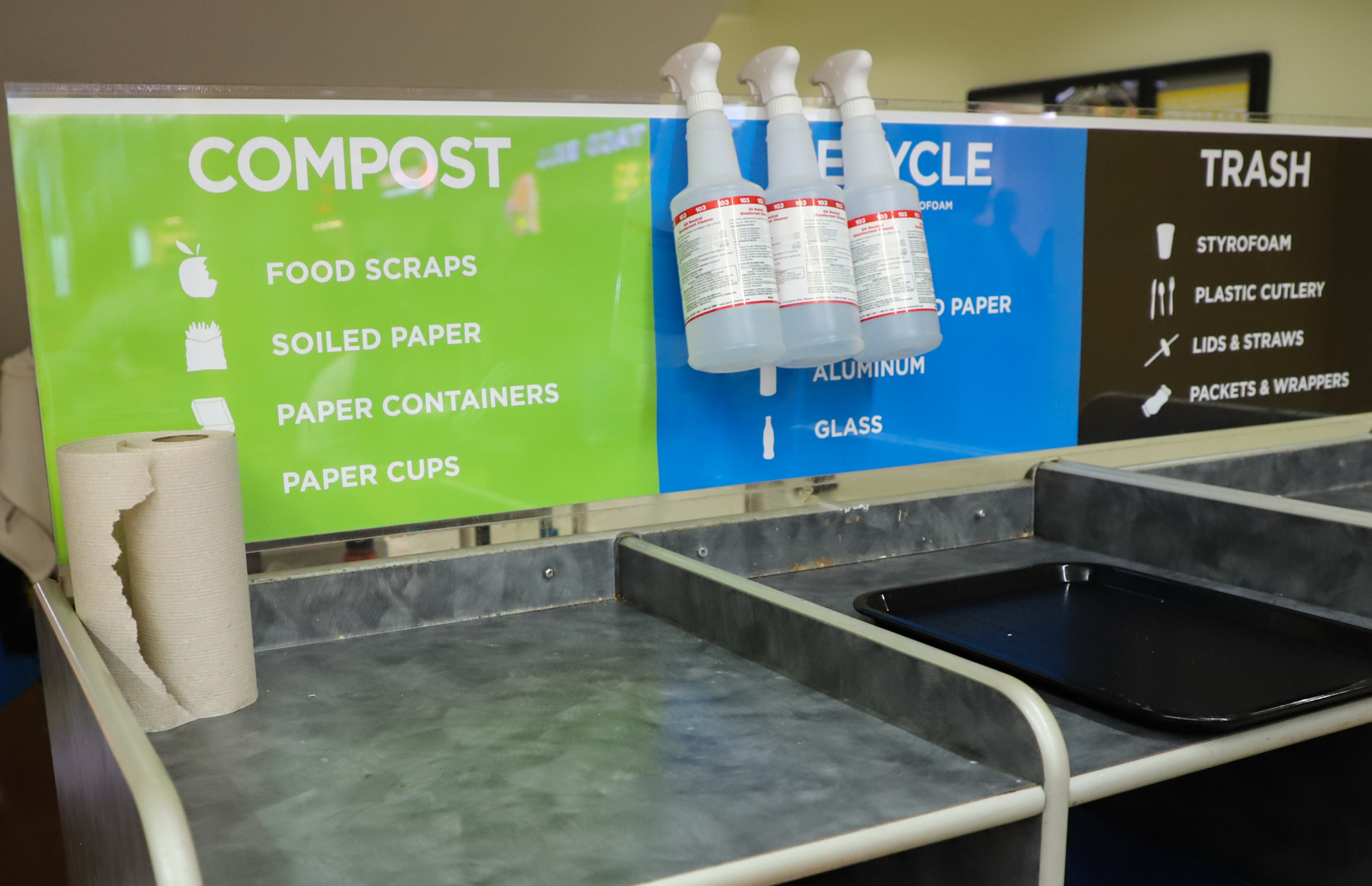Views expressed in opinion columns are the author’s own.
Students graduate from the University of Maryland every year with new skills, experiences and insights, eager for a new start and hoping to contribute to the world in some way. However, graduates of our generation have a new challenge to face: They need to balance not only the typical unpredictability of finding a job, but also an increasingly uncertain future due to global environmental problems. Whether or not graduates are prepared to tackle issues of sustainability in the 21st century, the reality is that these issues aren’t going away and will only become more pressing as we enter adulthood.
It’s undeniably unfair that young people currently carry the burden of solving these problems. Some of this stems from a lack of priority for sustainable education in the past. Until we educate students about the impact humanity has on our environment and encourage thoughtfulness about our relationship and responsibility to the natural world, we will continue to make the same mistakes that have brought increased drought, famine, displacement and mass biodiversity loss in our own lifetimes. This university can help reverse this trend by providing environmental literacy as a general education requirement, a way to involve future leaders from every discipline in sustainable solutions.
GreenEdu, a student-proposed mandatory training program similar to AlchoholEdu, is one suggested way to help incoming students navigate sustainability on campus and increase awareness on practices such as recycling and lowering one’s personal carbon footprint. However, this student-driven orientation is intended to inform new Terps about what actions they can personally take, but doesn’t provide enough of a foundation of knowledge about the types of environmental problems pervasive in the world today or necessarily spark curiosity about how the natural world is part of our lives and future careers whether we notice it or not.
The university’s responsibility to not only create a culture of sustainability among students, but also take real action on climate change is advocated for by student activists, faculty and fellow columnists alike. In a recent article, my colleague Maya Rosenberg outlined one way this is being pursued, through research initiatives with this university’s Center for Environmental Science. Programs that provide a scientific basis for mitigation are extremely important, but are not accessible to all students. In order to increase environmental literacy among all students who graduate from Maryland, environmental education needs to be institutionalized. It should be a core part of every student’s curriculum rather than just taught to students pursuing some STEM fields or in an environmental science major.
Climate change touches every sector of our society, from public health to development to food production, and will play a larger role in the future as Earth’s temperature rises, creating more volatile weather and displacing more and more people. Without a basis for knowledge about ecology, environmental policy and renewable technology, students entering the “real world” will find themselves unequipped to solve the problems we have inherited unless our university does a better job ensuring all students are versed in the skills and knowledge needed to become environmental stewards.
Sustainability Cooperative, a coalition of student groups invested in sustainable education and advocacy, has listed environmental education as one of three demands to the university. A general education requirement for incoming students goes farther than GreenEdu, research opportunities or an opt-in sustainability minor because it institutionalizes the need for a background in environmental education. Regardless of your major or path forward, we are all citizens of our planet and need to learn to protect what SCoop has defined as “our life support systems”: the air we breathe, the water we drink and the natural environment that we depend upon for existence.
Other schools have already adopted a general education requirement for environmental literacy due to pressure from the student body, but Maryland should take initiative rather than depend on students’ labor. The university declares its mission is to educate and advance “knowledge in areas of importance to the State, the nation, and the world” — and it’s time for this to extend in practice to educating every student at this university about the natural world.
Sonja Neve is a senior environmental science and policy major. She can be reached at sonjaneve55@gmail.com.



